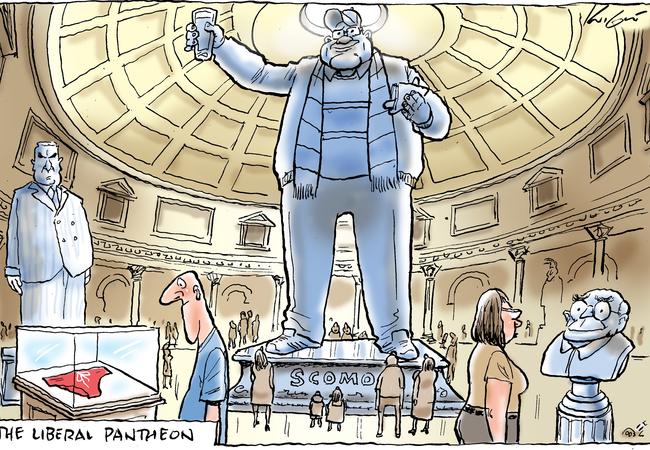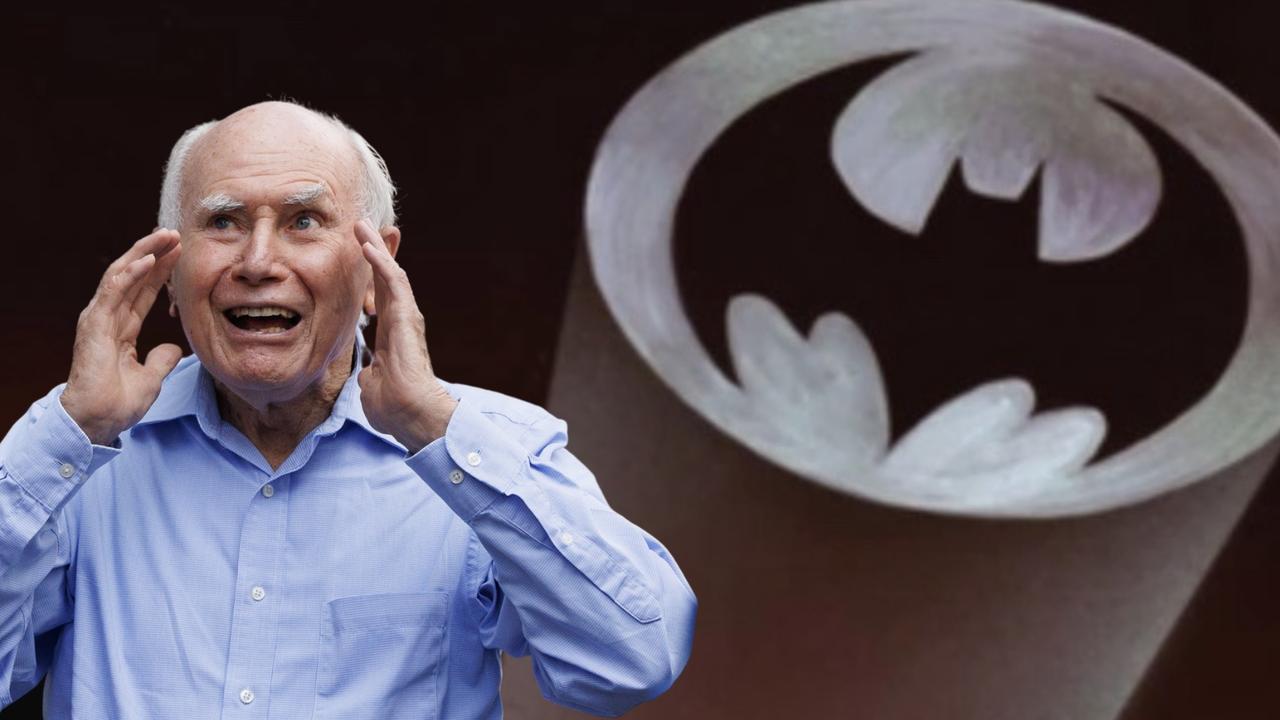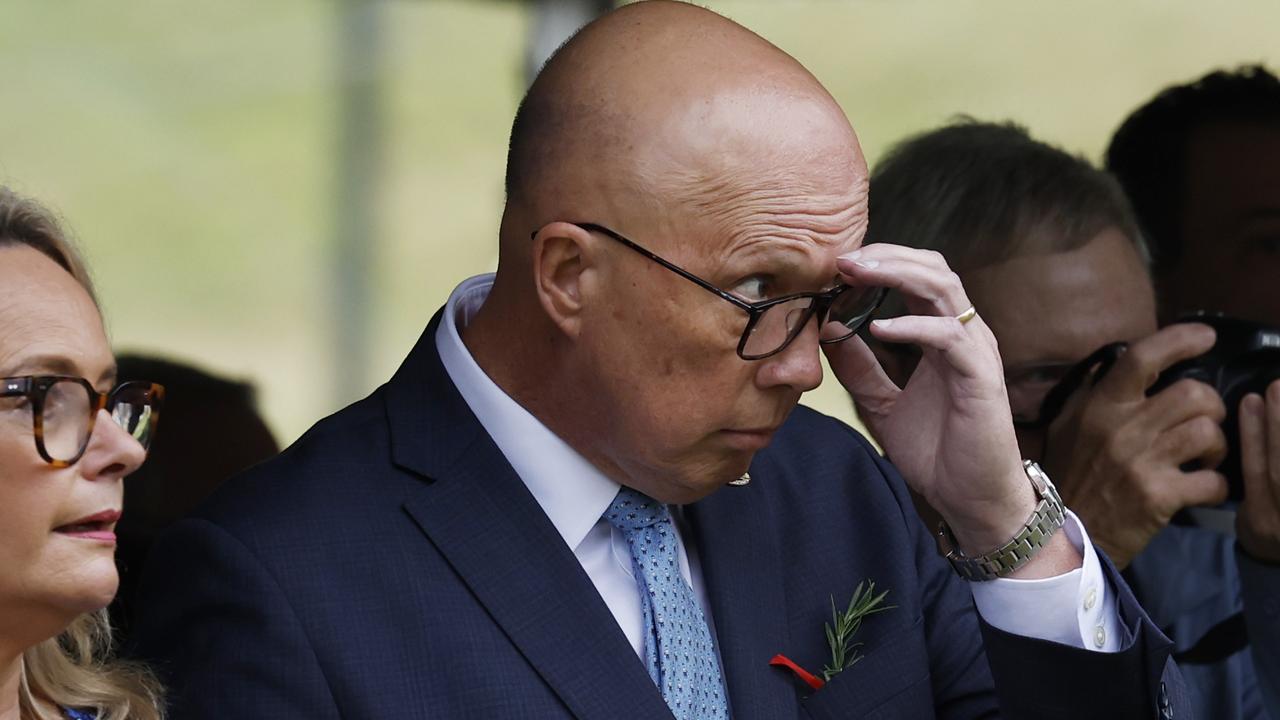Caleb Bond: The Australian people rejected the sweeping climate-change policies Labor was selling
We were told this was the climate-change election. The Australian people rejected the sweeping climate-change polices Labor was selling in favour of more pragmatic, economically sound change, writes Caleb Bond.

The people never get it wrong.
And so they lashed Labor on Saturday – against all odds – for their extreme reform agenda.
The polls didn’t pick it. The media didn’t pick it. I didn’t pick it. The booth volunteers on the day didn’t pick it. But the Australian people did.
We were told this was the climate-change election. And, indeed, it was. The Australian people rejected the sweeping climate-change polices Labor was selling in favour of more pragmatic, economically sound change.
Queensland more or less decided this election. Labor couldn’t gain any ground – and the Coalition saw large swings in its favour in many seats.
Extreme climate-change policy would have hit Queensland more than anywhere else by killing its mining industry. The question for Queenslanders was simple – do we or don’t we support the opening of the Galilee Basin for mining? They didn’t take well to inner-city types telling them what was good for them, especially when Bob Brown and his convoy of fossil-fuel-powered cars did a tour of regional Queensland to oppose the Adani coal mine.
In fact, it’s only in those inner-city, wealthy seats where climate change played into the Left’s hands. It claimed Tony Abbott in Warringah and boosted Adam Bandt’s vote in Melbourne. This trend was more or less replicated across the nation, with swings to Labor closer to cities and swings to the Coalition elsewhere.
It shows the fundamental divide between the concerns of wealthy Australia and middle Australia. Those with money have the luxury of worrying about climate change, whereas ordinary Australians worry about the cost of fixing it.

As this country’s best leaders – like Bob Hawke and John Howard – understood, elections are won and lost in middle Australia. And this time around, they felt like Labor had left them behind. Elections are rarely won on strong reform agendas.
They’re difficult to explain, hard to cost and full of opportunities to slip up. It killed John Hewson in the supposedly unlosable election of 1993 and it killed Bill Shorten.
Too many underestimated Scott Morrison’s cut through with ordinary voters who appreciated his daggy, knockabout facade. Regardless of what you might think of Morrison’s policy platform, you couldn’t argue that he wasn’t sincere in his argument and passion for Australia. Shorten, by contrast, looked perpetually angry and frustrated throughout the campaign.
This election was a wholesale rejection of the extreme Left agenda of GetUp!, which hoped it would swing the election in Labor’s favour. Despite its best efforts across the country, its only scalp was Abbott.
It had no success in South Australia, where Nicolle Flint has hung on to Boothby with only a small swing against her.
Nor did it have any luck knocking off Peter Dutton up in Queensland – who money strongly favoured losing his seat. In fact, he enjoyed a 2 per cent swing in his favour.
There was little luck in Victoria, where there was hope of knocking off high-profile Liberals such as Greg Hunt. The only two seats likely to change hands down there are Chisholm and Dunkley.
It is a delicious win for Morrison, who was the clear underdog. And it is proof that, despite what do-gooder types might tell us, conservative, Right-leaning politics is still popular and mainstream.
The Left may have tried to make the cost of public conservatism so high that fewer want to be open about it, but they can’t change how people feel in the privacy of the ballot box.
This, too, may be part of the reason the polls were so wrong. Australia is a big country, and you simply cannot win an election by focusing on inner-city Sydney and Melbourne. While Labor members were four deep in polling booths, the rest of the country had their number.
Unless Labor abandons its climate-focused and sweeping-tax-reform agenda, it has no hope of reclaiming its working-class base.
Originally published as Caleb Bond: The Australian people rejected the sweeping climate-change policies Labor was selling


